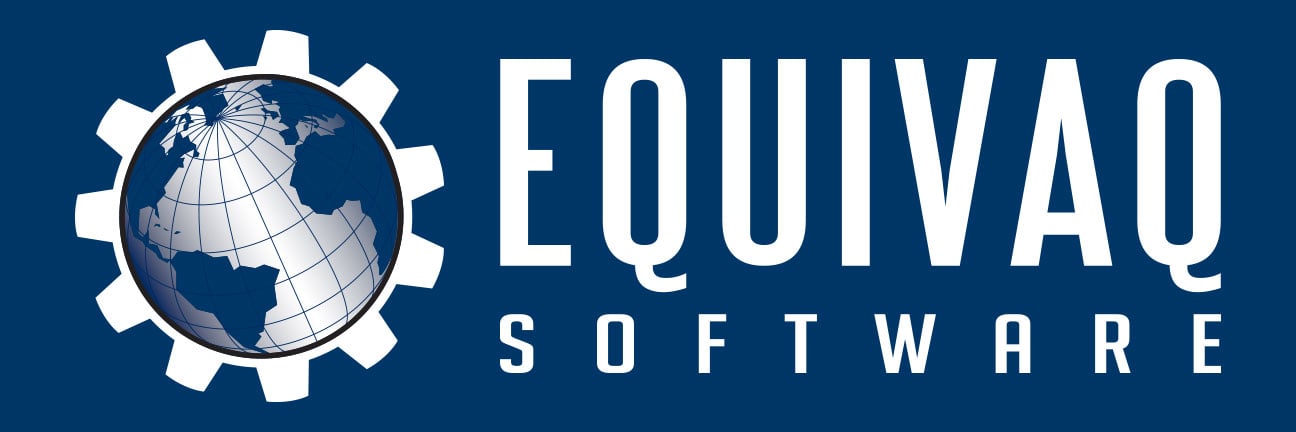As some of you may know, we office in a business incubator. In our building, there are a whole bunch of entrepreneurs running their small businesses. We have access to some cool resources like a 3D printer, as well as other resources to grants, competitions, and other small business focused opportunities. Meridian Technology Center, the campus we are on, also has an impressive vocational tech school. They have programs like cosmetology, culinary, radiology, practical nursing, and they have a super awesome CAD and drafting program!
Before Tim went to OSU, he went to Tulsa Tech for drafting. He used the skills he learned there to put himself through the mechanical engineering program at Oklahoma State. With CAD especially, the hands-on knowledge you get from these programs is invaluable when starting your career. It gives you a massive head start. Not only that, but learning a trade is just as valuable and valid as a Bachelors Degree! We're big advocates for learning of any kind, it definitely doesn't have to be the traditional route.
The cool thing about having a good CAD program, besides the great opportunities it gives future professionals, is that they have the budget to buy all of the cool things that we want, but can't quite swing the cost of as a small business. They have a handful of different 3D printers, and they just got a 3D scanner that Tim almost lost his marbles over. There are regular fieldtrips taken over to see Mr. Frick and his "toys," and we always meet the coolest people while we're there.
Mr. Frick has been teaching since the early 90's when things were still all done by hand. Literally. He has kept some really incredible blue lines (blueprints) of Oklahoma State University architecture. It's truly incredible to see how far things have come, as well as how great of a job Mr. Frick has done keeping up with the latest and greatest information and practices. He pulls information from old textbooks, but also focuses on getting these students prepared for the real world with the CAD skills he teaches.
This week, we met an architect who has been self-employed since he was 15. He only worked for someone else three years of his life, and he's in his seventies now! He designed homes, and used to use pen and paper for everything. He told us about a few different ideas he had growing up, including some influence on Mossy Oak camouflage, a bumper luggage rack, and an adjustable arch maker for home building!
You can be successful, educated, and prepared for the world without a four year degree. You can also pursue your degree at a university and come away with other invaluable skills! There's no right or wrong way to get an education, it really all boils down to how much you put in. If you show up ready to learn, focus on your work or skills, and really try to get all you can out of it, it'll be worthwhile. Our best advice for deciding on your path is to do something you're passionate about. Not your mom or dad, or grandparents, but you. You will probably spend a lot of time working in your life. It should be something you enjoy!
If you have any questions about what it's like to work in engineering, what path might be right for you, what engineering major is the best (trick question, they're all awesome!), or anything else that could help you decide on your career, feel free to reach out! We have engineers at all different stages of their careers here, including students who have taken every path you could imagine, including community college, private college, and a former collegiate athlete. We might not have all of the answers, but we're more than happy to talk to you about it.




 EQUIVAQ SOFTWARE offers Apps to enhance the lives of SOLIDWORKS PDM Administrators and users by offering advanced PDM Add-in Apps for an affordable monthly license fee in order to bring PDM automation within reach.
Our products are straight forward and come with detailed easy setup instructions to get you started.
EQUIVAQ SOFTWARE offers Apps to enhance the lives of SOLIDWORKS PDM Administrators and users by offering advanced PDM Add-in Apps for an affordable monthly license fee in order to bring PDM automation within reach.
Our products are straight forward and come with detailed easy setup instructions to get you started.